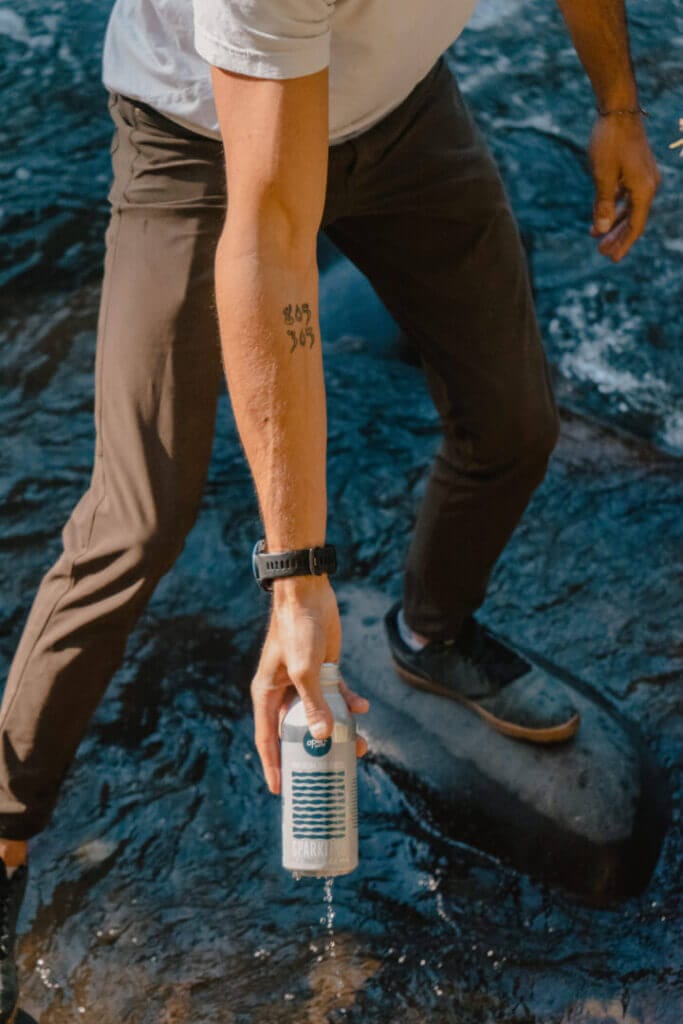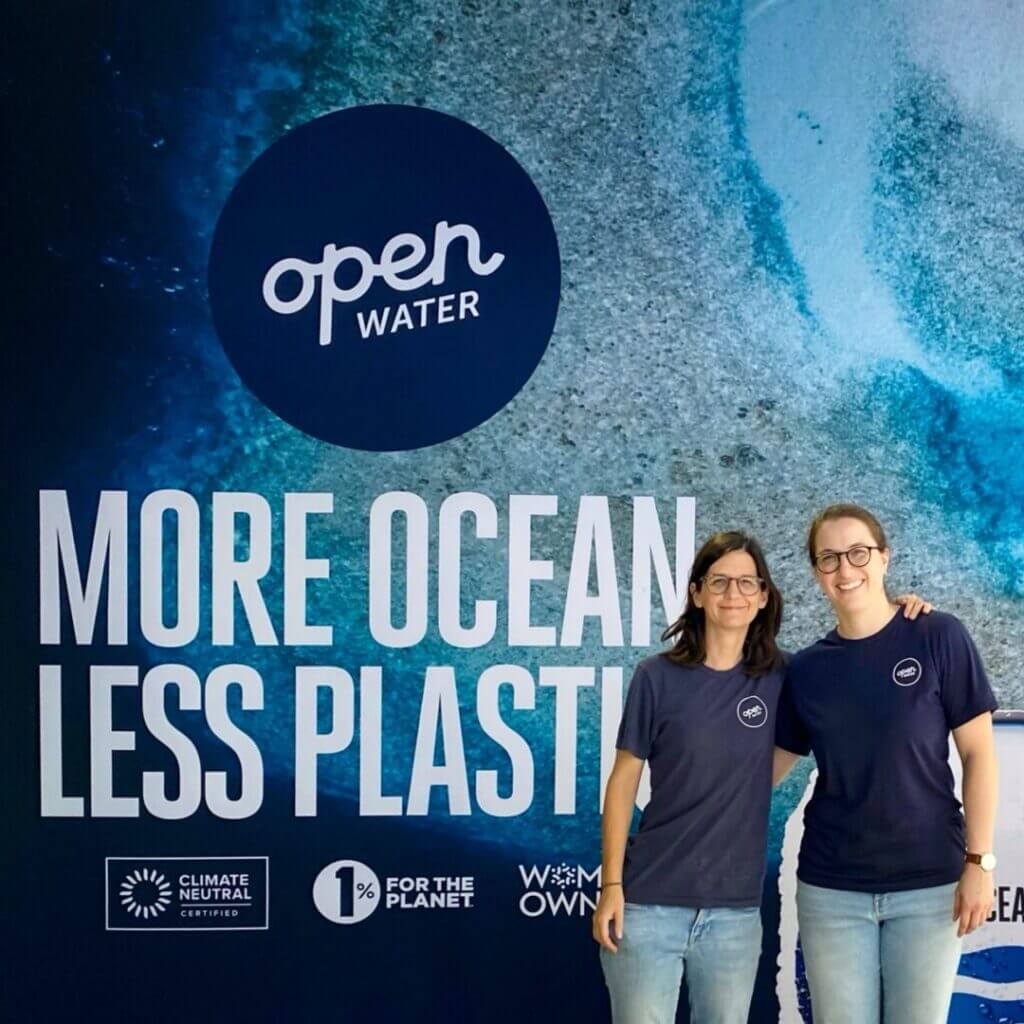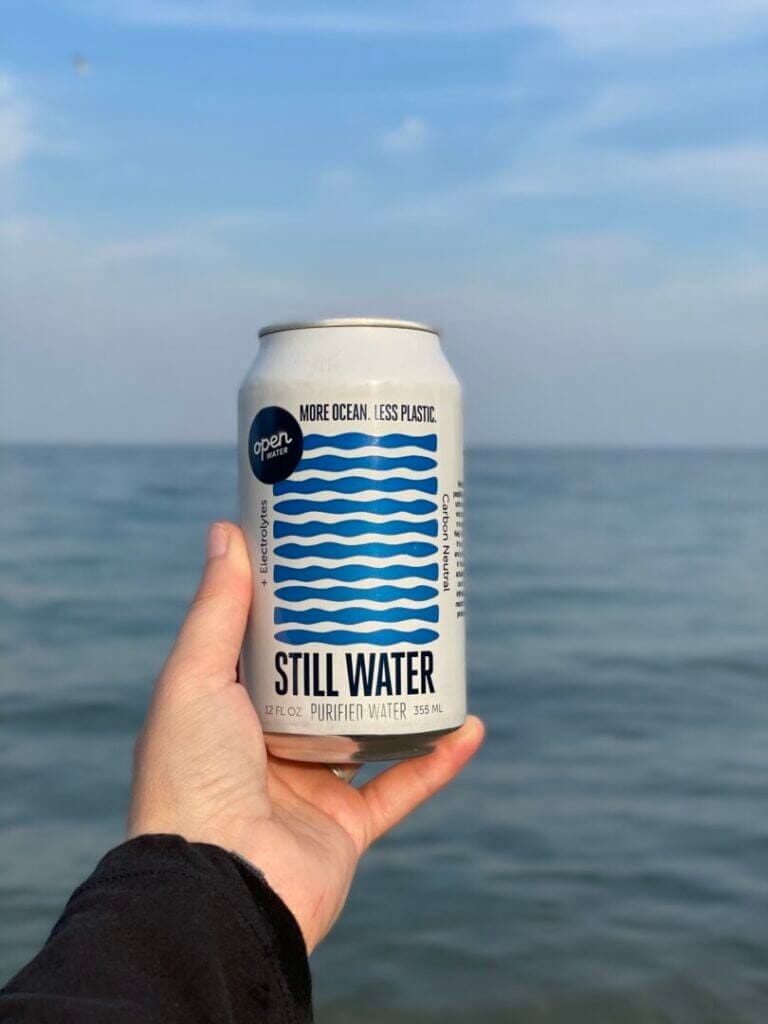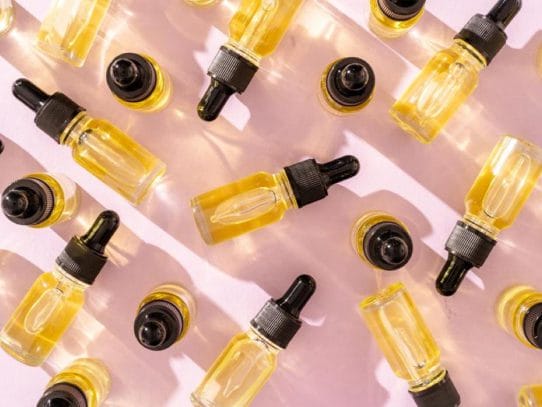Open Water

Keeping our marine ecosystems clean from plastic and pollutive debris is probably one of the most important goals we should work towards, and it is definitely one we should all care about-the future of the planet depends upon it. Most Americans can agree about the importance of clean seas and oceans. Clean water provides climate regulation, food, jobs, recreation and economic progress. At this time, humans need to work together to protect and save the ocean.
The ocean’s role in supporting our planets life is very important given that the ocean is the largest ecosystem on Earth and contains 94% of the entire planet’s wildlife. Earth’s oceans function to ensure a sustainable future, therefore, we must protect and preserve its waters and ecosystems from all types of pollution- especially plastic.
There are many things we can do to clean our ocean and reduce the amount of pollution but it surely takes effort to change one’s habits. And, in all honesty, consumers need guidance. And what better way to learn than from a company with a new and progressive business strategy.More importantly, Ocean pollution has devastating effects on marine life and ecosystems. For example, plastic items can harm animals causing suffocation, entanglement, infections and internal injuries. The oceans not only generate over half the oxygen we breathe, but also regulates the climate.

In 2014, co-founders Jess Page and Nicole Doucet stumbled into a documentary on pollution and realized that we’re facing a future with more plastic than fish on our seas. And it was in realizing this sad truth that led them on a quest to seek out a way to help eliminate plastic bottles, eventually leading them to pioneering Open Water with ultra-purified, electrolyte-packed water in BPA-free aluminum packaging. More troubling, was developing a plan to execute a revenue-generating business strategy. When planning their go-to-market strategy, they quickly realized that fighting plastic pollution and encouraging ocean education, appreciation, and conversation resonated perfectly with zoo and aquarium visitors. This drove them to dive into partnerships with local zoos and aquariums rather than going straight into retail.
Open Water is not a normal water company. You won’t see them boasting about European mountaintops, faraway island streams or glacial filtration. That’s because bringing water from these remote, finite sources isn’t sustainable. Instead, they focus on prioritizing taste and minimizing transportation.
Did you know that shipping accounts for up to 55% of the total emissions of bottled water? To cut down on this environmental impact, Open Water has taken a radically different approach to water sourcing. They reverse engineered those fancy waters from European mountaintops and South Pacific Islands and crafted a system to make it locally instead. That means, world-class water without world travel.
By canning their water from multiple sources in the U.S, they’re able to reduce the miles and emissions from shipping water around the country, or world. Other popular water brands romanticize a single faraway source and ship every bottle from 1 location, which is extremely wasteful. Currently 40% of the U.S. is within 500 miles of Open Water production.
Their sourcing methods, aluminum packaging and stance as the first climate neutral-certified water brand in the world, plus their 1% for the planet initiative, directly ties back to their mission to being the most sustainable bottled water in the world.
The glory days were about to begin by establishing a new brand in those non-traditional channels, they ventured to meet the demands of increasingly eco-aware consumers in grocery stores, hotels, and food chains such as CAVA, Sweetgreen, Erewhon, Thyme Market, Four Seasons, Auberge Resorts and more.
Here are some ideas that we can all put into practice in our everyday life. It surely takes effort to change one’s habits, but it is essential for the life of our planet.
Reduce the Use of Plastic Items
The convenience single-use plastic brought to our lives over the past century has now become a nightmare for the health of our ocean. One of the most important resolutions is to buy and use less disposable plastic items, which are responsible for 49% of all marine pollution.
- Swap single-use plastic bags for reusable ones.
- Stop using disposable plastic cups, plates, cutlery and bottles, bring your own!
- Choose metal or glass containers instead of plastic ones.
- Avoid buying beauty or cleaning products that contain plastic microspheres or microbeads.

Save Article










